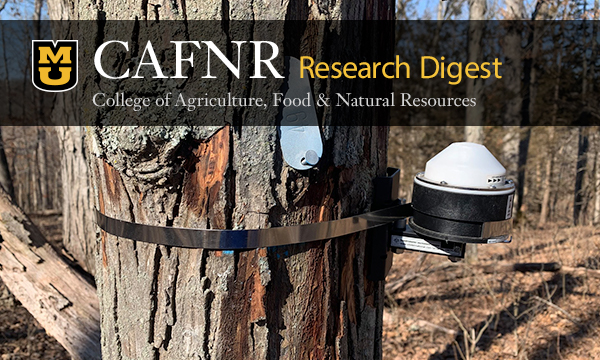|
Collective Entrepreneurship Research and Education for Socially Disadvantaged Small- and Medium-Food System Enterprises Randall Westgren, professor in the Division of Applied Social Sciences and McQuinn Chair of Entrepreneurial Leadership, recently received a grant from USDA’s National Institute of Food and Agriculture (NIFA). The grant is for $499,975 and is titled “Collective Entrepreneurship Research and Education for Socially Disadvantaged Small- and Medium-Food System Enterprises.” The project builds the capacity of socially-disadvantaged food system entrepreneurs to utilize collective entrepreneurial strategies to found and scale-up small- and
medium-sized enterprises (SMEs) in local and regional food systems. It is an integrated project of research and outreach activities with minority, marginalized and socially disadvantaged (MMSD) food system entrepreneurs to enhance their access to profitable market channels. “The project focuses on ‘the scaling-up challenge’ in food systems – how to get more nodes in the entrepreneurial network that serves food buyers; how to allow the nodes to grow, so as to increase system throughput; and how to encourage collective action in pursuit of revenues and profits,” Westgren said. “The significant feature of this proposed project is to empower MMSD populations to form strategic collectives, which support the founding of new ventures, improve market access and establish resilient marketing channels to add value, stimulate innovation and increase the size and scope of enterprises.” Westgren added that the project addresses two knowledge gaps, the first of which is to identify best practices for MMSD populations to form entrepreneurial networks and use collective strategies within these networks to overcome social disadvantage to found new enterprises and increase the scale, profitability and sustainability of their ventures. The second is how to develop education programs by Extension and other agriculture educators to facilitate collective entrepreneurial action by MMSD populations. Westgren credits the success of the grant proposal in the review panel to Jason Entsminger (PhD ’20). Entsminger wrote the project narrative at the intersection of regional food systems and MMSD entrepreneurial challenges while he was
completing his dissertation in agricultural and applied economics. Entsminger has just joined the Northeast Regional Center for Rural Development at Penn State as Assistant Research Professor. Entsminger and Westgren will both continue as PIs on the project, seeking synergies between the two campuses in the research and outreach activities for the next two years. |
